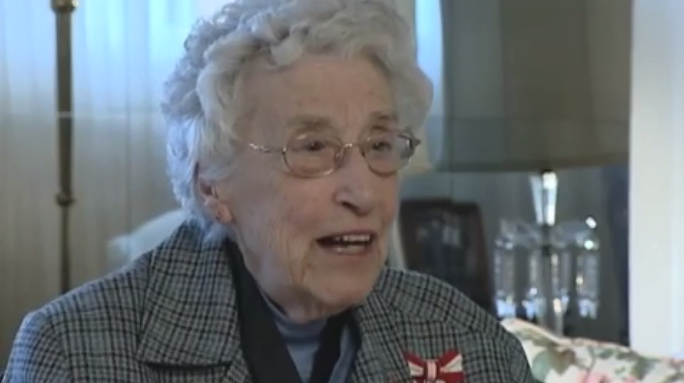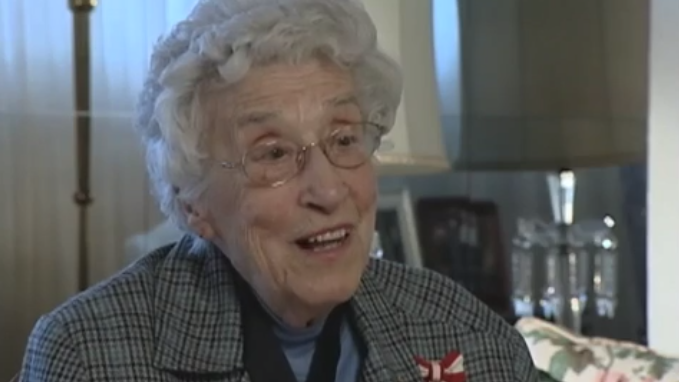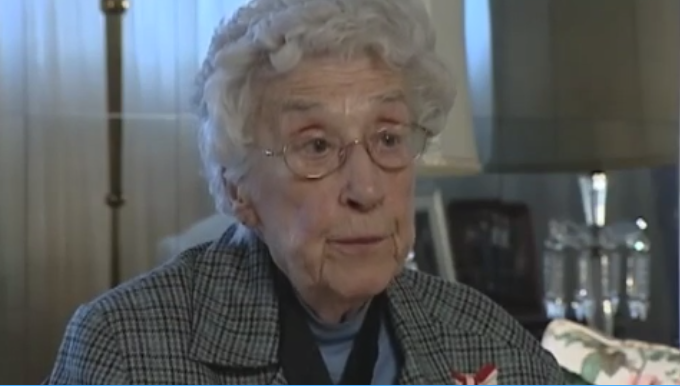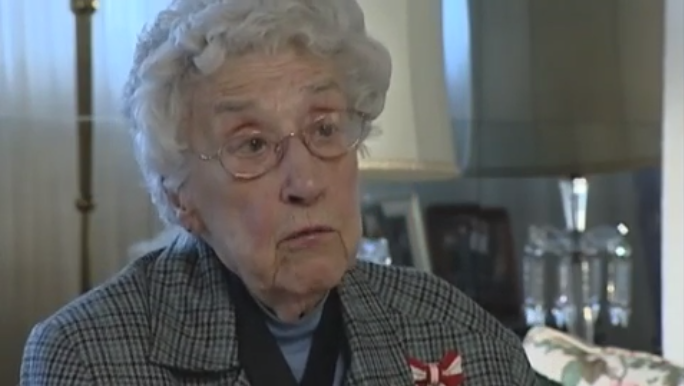Diphtheria Epidemic
Heroes Remember
Diphtheria Epidemic
Transcript
Description
Ms. Sloan describes her medical involvement during a diphtheria epidemic during the “push to the Rhine” and how fortunate they were to have sufficient supplies of penicillin, penathol and plasma to treat the casualties
Hallie Sloan
Hallie Sloan was born in Winnipeg, Manitoba in 1920. At age ten, she and her family moved to Saskatoon, Saskatchewan. Ms. Sloan always had the desire to become a nurse and moved to Vancouver where she obtained a nursing degree at the Vancouver General Hospital. When war was declared she became very anxious to serve her country in the medical field. She decided to join the army. She held the rank of Lieutenant Colonel and Matron-in-Chief in the Medical Service, serving in Germany and many parts of Canada. After the war, Hallie continued her nursing career and devoted much of her time towards advocating the vital part that nursing sisters played during wartime service and post-war. Ms. Sloan was the National President of the Nursing Association of Canada (1994-1996) and was active in volunteer work. She has become a strong role model for the Nursing Sisters Association.
Meta Data
- Medium:
- Video
- Owner:
- Veterans Affairs Canada
- Duration:
- 2:47
- Person Interviewed:
- Hallie Sloan
- War, Conflict or Mission:
- Second World War
- Location/Theatre:
- Europe
- Branch:
- Army
- Rank:
- Lieutenant-Colonel
Related Videos
- Date modified:







